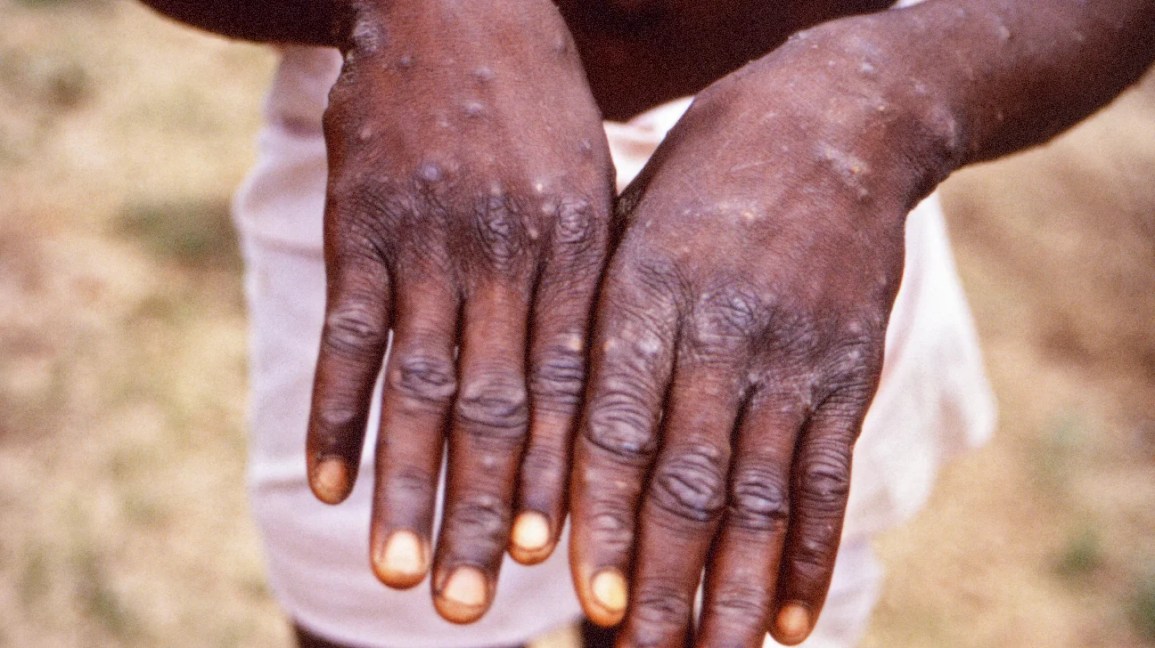
South African middle-distance runner Caster Semenya has secured a key victory at the European Court of Human Rights (ECHR), which ruled on Thursday that her legal fight over gender testing was not handled fairly by Swiss courts.
The court found that Switzerland failed to properly review Semenya’s appeal against rules forcing female athletes with naturally high testosterone levels to take medication to compete in women’s categories. It concluded that Semenya’s right to a fair trial was violated and ordered Switzerland to pay her €80,000 in legal costs.
Although the ruling was a win for Semenya in terms of legal fairness, the court rejected her discrimination claims, saying they fell outside Switzerland’s jurisdiction.
Semenya has been fighting against the regulations since 2018, after World Athletics barred her from competing in her favourite 800m race unless she lowered her testosterone levels. She previously lost cases at the Court of Arbitration for Sport (CAS) in 2019 and at the Swiss Federal Court in 2020, which argued that elevated testosterone gave female athletes a significant advantage.
While the ECHR previously found in 2023 that Semenya faced discrimination, the decision didn’t overturn World Athletics’ rules or allow her back into competition without medication.
The case has reignited debate on the impact of such rules. Namibian sprinters Christine Mboma and Beatrice Masilingi, who were also barred from competing in certain events unless they took hormone suppressants, have since seen their athletic careers suffer, experiencing repeated defeats after being forced onto medication.



























